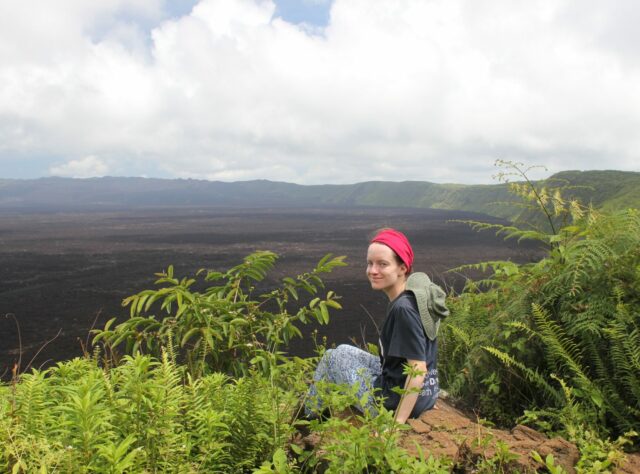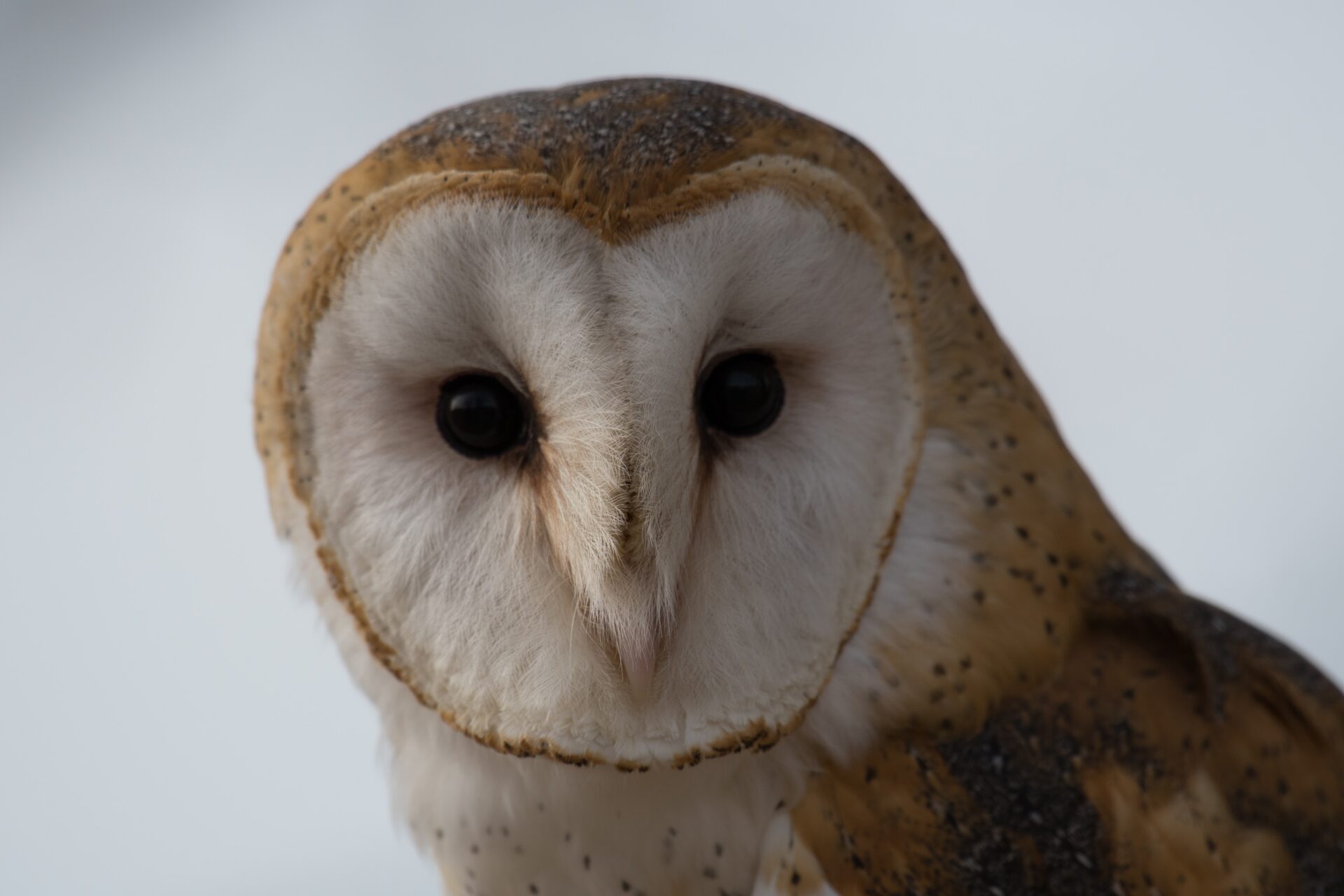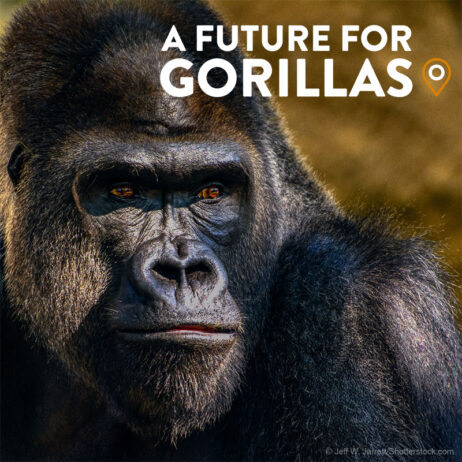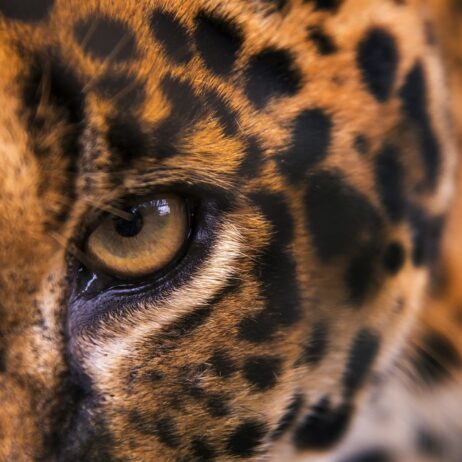
A Wildlife Conservation graduate, Gwynne joined WLT in August 2017 after years studying and volunteering at conservation organisations in the UK and abroad. Image: Gwynne Braidwood
The next instalment of World Land Trust’s (WLT) #OurReasonsForNature series is focused a little closer to home than last week’s meerkat memories from WLT CEO Jonathan Barnard.
This series – a window into the wildlife that inspired each of our team members to care for the natural world – is placing the spotlight today on the Barn Owl: a species that Gwynne Braidwood holds very close to her heart.
Gwynne, WLT’s Conservation Programmes Officer, tells us that while it is hard to choose one favourite species, the Barn Owl reminds her of her childhood. The memories, she fondly explains, range “from reading childhood books such as The Owl Who was Afraid of the Dark and Harry Potter (I liked the idea of having a barn owl), to sitting by my bedroom window as a child watching the resident barn owl flying across the field behind our garden. It was magical to me.”

With their heart-shaped face and ghost-like white plumage, Barn Owls managed to capture Gwynne’s imagination from an early age. Image: Keith Lazarus / Unsplash
Gwynne tells us that her love for nature was instilled in her from a very young age and she encouraged her parents to take her to nature reserves and explore the Norfolk countryside. She also gives an enchanting description of the Barn Owl. “Its heart-shaped face and dappled plumage is like a ghost flying silently through the air,” Gwynne says. “There is something ethereal about them that captures my imagination.” To her, Barn Owl are a beautiful bird but also a symbol of hope for conservation.
The UK’s Barn Owl population declined drastically in the 1900s due to changes in farming practices, explains Gwynne. Today, however, they are starting to recover thanks to conservation efforts over the past decade.
“Although threats to the conservation of this species persist, thanks to the help of people the future for this species is looking brighter. This is an illustration of how humans can be the cause but also the solution to protecting the natural world and the diverse array of species that call it home,” Gwynne says.
Gwynne’s positive outlook reflects the mission of WLT: to be part of the solution to species recovery and habitat restoration – for a better world for all.

